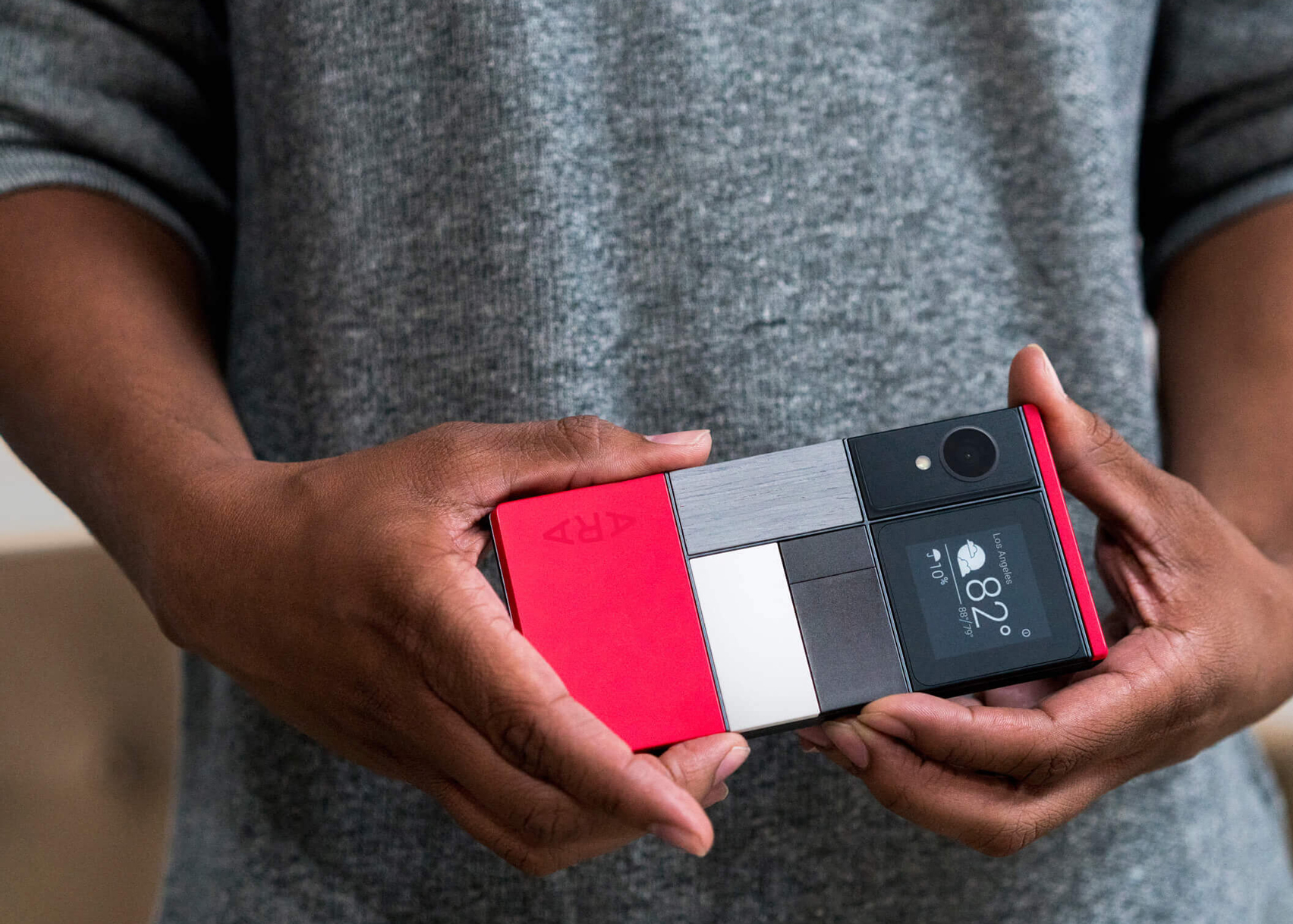US technology giant Google has scrapped one of its most ambitious ventures, Project Ara, according to insider sources.
Reuters reports that two people with knowledge of the matter said the company has suspended work on the modular smartphone.
The move signals a shock change of heart from Google, given it was only in May that the technology giant announced it would be shipping developer editions in autumn of this year, and consumer models in 2017.
It also used the May Google I/O 2016 annual developer conference to demonstrate a recent prototype of the smartphone, which is built from a number of easily interchangeable modules.
Google would not comment on reports of the project's shelving, which the sources said comes as part of a broader push to streamline the company's hardware development.
The company "may work with partners to bring Project Ara's technology to market, potentially through licensing agreements", the report claimed.
Project Ara has a long history, having started out life as a concept for a modular phone designed by Eindhoven graduate Dave Hakkens.
The designer teamed up with then Google-owned communications company Motorola in 2013 to bring the idea to life, and subsequent prototypes were developed by Google's Advanced Technology and Projects group.
Recent developments suggested there were difficulties with the project. The most recent prototype for Project Ara attracted criticism because its modularity had been scaled back.
Its CPU, GPU, antennas, sensors, battery and display were all set within the phone's base, known as the endoskeleton. Only more peripheral modules – like camera lenses – could be easily unclipped from this base and swapped for alternative ones.
A few modular smartphones have already made it onto the market, however, like the Fairphone 2, which was created in partnership with London design and branding agency Seymourpowell.
Modular phones are designed to have a longer lifespan than other products on the market, because their hardware can be easily changed and updated.
A number of studios have also produced concept designs for possible Project Ara modules, including Seymourpowell.
Seymourpowell's creative director, Matthew Cockerill, told Dezeen in June that Google was best positioned to make strides in modular technology development.
"The challenge is to establish a hardware platform and get it into the hands of consumers in enough numbers to make it attractive for potential module makers to develop for," said Cockerill.
"No easy task but Google certainly seem the best placed to try, and their underlying premise of Ara is the creation of an open Android smartphone hardware platform."

